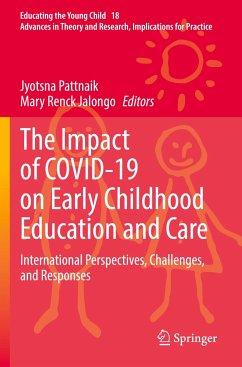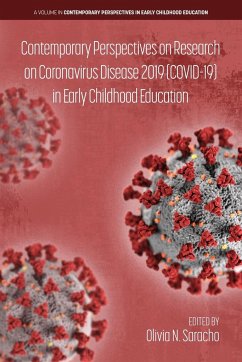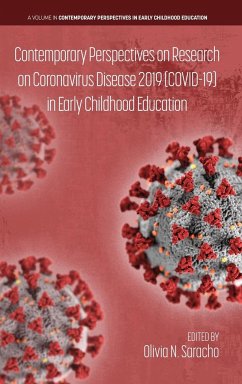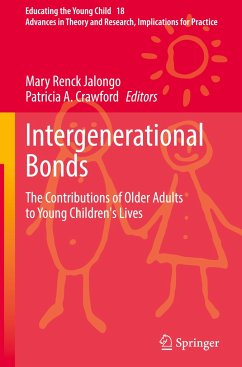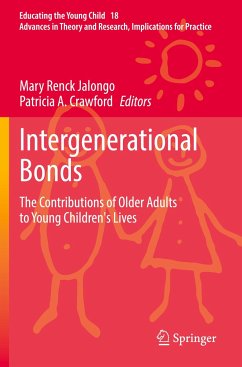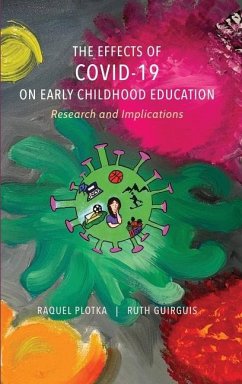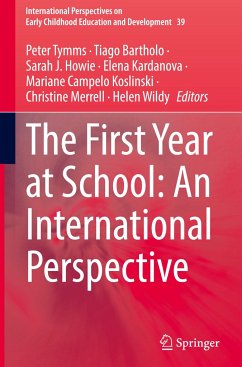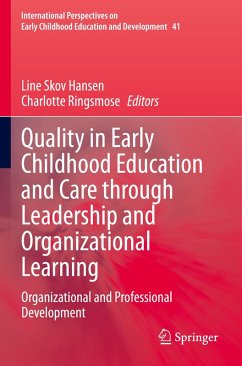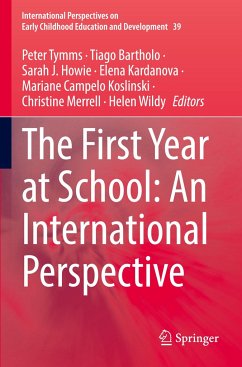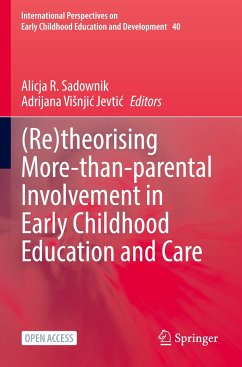
The Impact of COVID-19 on Early Childhood Education and Care
International Perspectives, Challenges, and Responses
Herausgegeben: Pattnaik, Jyotsna; Renck Jalongo, Mary

PAYBACK Punkte
0 °P sammeln!
This collection brings together a diverse group of scholars from throughout the world who have grappled with and investigated the impact of the COVID-19 crisis on the lives of young children. Profound changes have occurred in all facets of early childhood education and care (ECEC). Young children and their families, college students enrolled in teacher preparation programs, inservice teachers/caregivers, and postsecondary faculty have endured prolonged periods of quarantine, disruption, stress, and grief precipitated by the pandemic. These consequences have been even more challenging for indiv...
This collection brings together a diverse group of scholars from throughout the world who have grappled with and investigated the impact of the COVID-19 crisis on the lives of young children. Profound changes have occurred in all facets of early childhood education and care (ECEC). Young children and their families, college students enrolled in teacher preparation programs, inservice teachers/caregivers, and postsecondary faculty have endured prolonged periods of quarantine, disruption, stress, and grief precipitated by the pandemic. These consequences have been even more challenging for individuals and groups who were already struggling or marginalized prior to the advent of the coronavirus. Collectively, the chapter authors draw upon findings from their research and insights gleaned from professional experiences to recommend ways of providing high-quality programs despite persistent global health threats.



